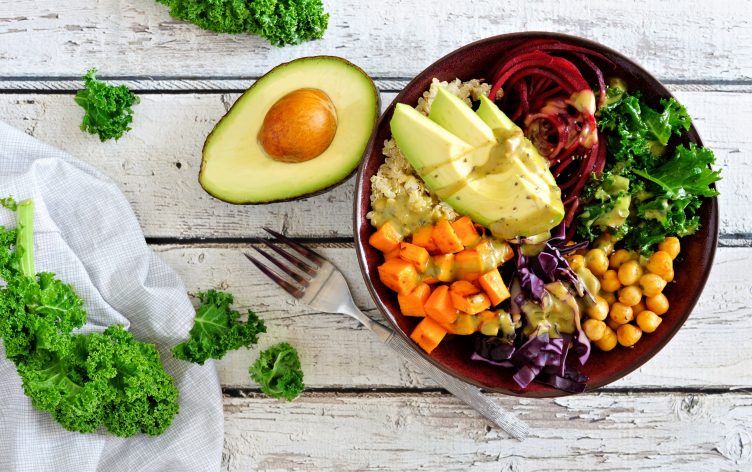ONE morning some months in the past, I saw a headline that made my coronary heart sink. It claimed that eggs could give you heart attacks.
It wasn’t that I turned into about to eat eggs for breakfast. It becomes due to the fact; as a scientific journalist, I knew friends and circle of relatives might soon inquire from me what to make of this declare. And I might have a tough time answering. Advice about what to devour seems to exchange every week.

Eggs are a classic example. They had been once visible as wholesome programs of protein and vitamins, a perfect start to the day. But within the 1960s, we awakened to the dangers of cholesterol. Eggs that are rich in this fatty substance have become frowned upon.
But wait! Around two decades ago, our thoughts about cholesterol were revised: the amount in our meals now not mattered, as it didn’t affect the tiers in our blood and as a result our heart fitness. In the years that were observed, it has become OK to devour eggs another time. Then in March, the state-of-the-art examination showed the other once more – that LDL cholesterol in eggs changed into bad for us.
Sometimes I surprise if we should believe whatever we read about meals. That might sound like an overreaction; however, perhaps it is a rational stance. A developing wide variety of scientists are now pronouncing vitamins technology is so mistaken that we will even believe pillars of recommendation like consuming masses of vegetables and warding off saturated fats. Within sure common-sense boundaries, they are saying, it doesn’t count what we devour. But ought to tha
